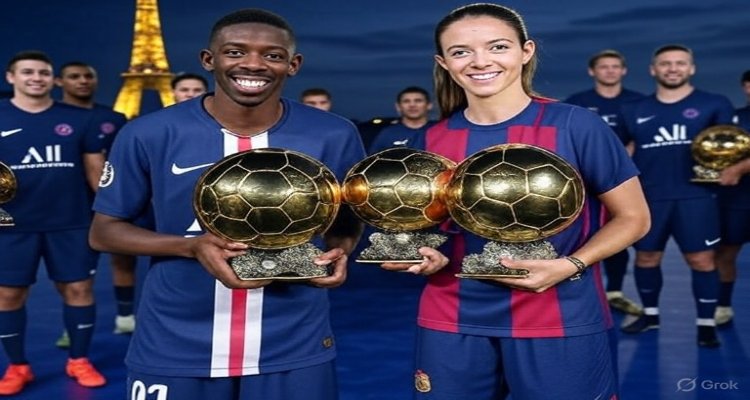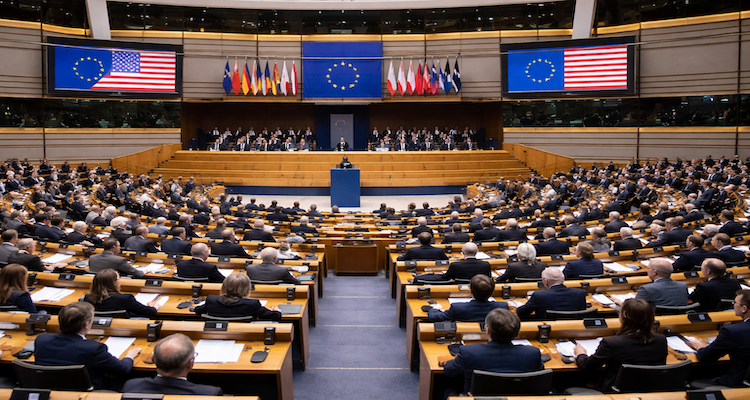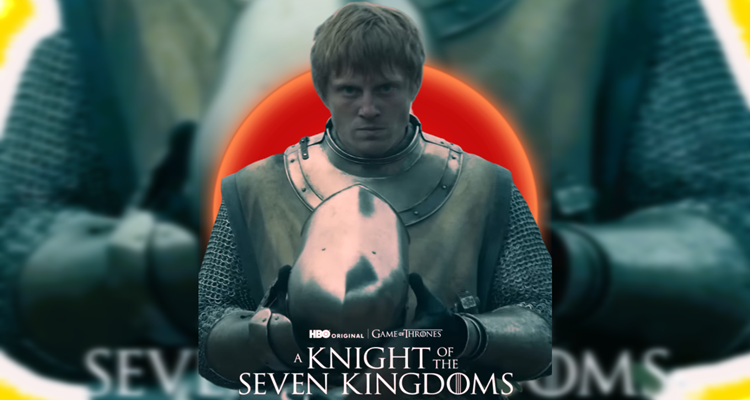Ousmane Dembele, Aitana Bonmatí Win Ballon d’Or Awards

Ousmane Dembele and Aitana Bonmatí win the 2025 Ballon d’Or, making history with PSG’s European triumph and Bonmatí’s third consecutive title.
Introduction
On a glittering night in Paris, football history was written as Ousmane Dembele and Aitana Bonmatí were crowned the 2025 Ballon d’Or winners. Dembele, who powered Paris Saint-Germain to its first-ever UEFA Champions League triumph, edged out prodigy Lamine Yamal for the men’s award. Meanwhile, Bonmatí cemented her dominance on the women’s side, claiming the Ballon d’Or for the third successive year — a feat achieved by only two legends before her.
Context & Background
Since its inception in 1956, the Ballon d’Or has stood as football’s most prestigious individual honor, awarded annually by France Football magazine. Unlike FIFA’s accolades, voting is determined solely by a panel of international journalists, one per country, who submit ranked player lists based on individual performance, influence, and achievement.
The men’s award has an illustrious history moving from Stanley Matthews, the first winner, to Lionel Messi, who holds the all-time record with eight triumphs, and Cristiano Ronaldo, a five-time winner. The women’s Ballon d’Or, introduced in 2018, has quickly established its own tradition, spotlighting female players who are redefining the modern game.
This year, the ceremony not only celebrated the winners but also showcased the depth of talent across football, highlighting both seasoned icons and rising stars.
Main Developments
Ousmane Dembele, at age 28, delivered a season that will go down as one of PSG’s greatest campaigns in history. Scoring 35 goals in all competitions, the French winger inspired PSG to clinch a domestic league-cup double and crowned the season with an emphatic 5-0 rout of Inter Milan in the Champions League final in Munich. This marked PSG’s first-ever European Cup — and sealed Dembele’s place in history as the sixth Frenchman to win the Ballon d’Or, after Raymond Kopa, Michel Platini, Jean-Pierre Papin, Zinedine Zidane, and Karim Benzema.
Dembele’s brilliance was recognized ahead of Barcelona’s teenage phenomenon Lamine Yamal, who nevertheless made headlines by securing the Kopa Trophy — awarded to the world’s best U-21 player — for the second year running.
On the women’s side, Aitana Bonmatí made history by becoming only the third player ever to win three consecutive Ballon d’Ors, following Platini’s run in the 1980s and Messi’s dominance between 2009–2012. The Spanish midfielder’s consistency with Barcelona and Spain’s national team has made her the face of women’s football, blending technical mastery with relentless leadership.
The evening also saw awards spread across football’s brightest and best:
-
Vicky Lopez clinched the Women’s Kopa Trophy.
-
Gianluigi Donnarumma won the Men’s Yashin Trophy for best goalkeeper, while Hannah Hampton claimed the women’s honor.
-
Luis Enrique, PSG’s tactician, was named Men’s Coach of the Year, while Sarina Wiegman received the women’s equivalent for her success with England.
-
Club awards reflected Europe’s balance of power, with PSG recognized as Men’s Club of the Year and Arsenal as the women’s counterpart.
-
The Gerd Muller Trophy went to Viktor Gyokeres and Ewa Pajor as the most prolific strikers of the year.
-
The Socrates Award, highlighting humanitarian activism, honored the Xana Foundation for supporting children battling life-threatening illnesses.
Expert Insight & Reaction
Former players and analysts hailed Dembele’s transformation from a once injury-prone, inconsistent talent at Barcelona to the driving force behind PSG’s historic continental crown. “This Ballon d’Or is not just about goals,” remarked one French analyst. “It’s about resilience, evolution, and his ability to finally lead from the front.”
Bonmatí’s continued dominance drew comparisons to Messi and Platini’s eras. Spanish media framed her as the “architect of a dynasty,” while women’s football campaigners celebrated her win as a sign of the sport’s steady rise in visibility and influence. Social media buzzed with fans describing the night as a “changing of the guard” in men’s football and a “coronation” in women’s football.
Impact & Implications
For PSG, Dembele’s triumph elevates the club’s stature, bridging individual recognition with collective achievement. It serves as validation for the Qatari-backed project long plagued by criticism of underachievement in Europe.
Bonmatí’s third Ballon d’Or underscores women’s football’s global momentum, highlighting Spain and Barcelona as powerhouses setting standards in both youth and professional development. Her win will bolster efforts to bridge visibility gaps between men’s and women’s competitions.
The rise of prodigies like Yamal and Lopez hints at a generational shift, ensuring the Ballon d’Or narrative remains as much about the future as it is about the past.
Conclusion
The 2025 Ballon d’Or ceremony reminded the world why football’s greatest prize continues to captivate global audiences. With Ousmane Dembele rewriting PSG’s destiny and Aitana Bonmatí etching her legacy among the game’s immortals, this year’s awards underscored the balance of tradition and renewal. The sport, once again, proved that individual excellence thrives not in isolation but as a reflection of historic seasons and collective breakthroughs.
Disclaimer :This article is a journalistic report based on publicly available information from the Ballon d’Or awards. All details are for informational and editorial purposes only.










